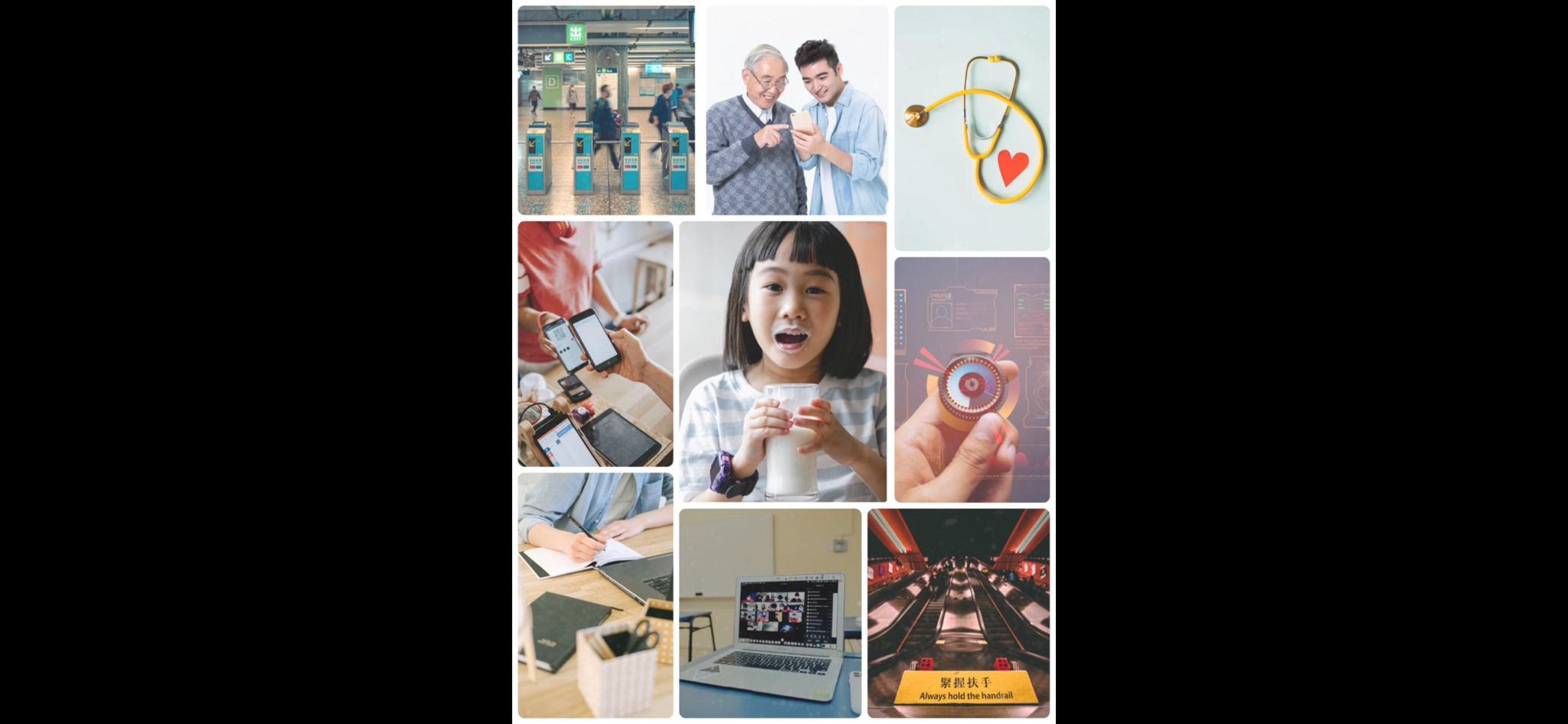Back to Media Centre


18 May 2021
【Smart Living and Us】
The developments of smart city and innovative technologies have been leading us to a smart living style, the applications of 5G internet, big data, internet of things (IoT), artificial intelligence (AI) and cloud technologies have provided a smarter and higher quality of life for citizens of all ages. Smart watches on the market could help children developing healthy habits, while the location services of these wearable devices assist parents to ensure children’s safety. The advocacy of “Suspending Classes without Suspending Learning” from the Education Bureau of Hong Kong makes homeschooling and distant learning possible for students, by adopting smart teaching modes to enhance their learning motivations and interests, at the same time protecting the health of teachers and students. Smart living allows citizens a more convenient method of making payments. Popular among office workers, the “Faster Payment System (FPS)” enabled easier and speedy transactions. The platform has also expanded its payment services for taxes, rentals and utility bills. Citizens can now use digital wallets for public transportations, and accessing travelling records are made easy by using electronic payment systems. With these digital wallets and e-payment platforms, they can prevent cases with the loss of physical tickets or prepaid transportation cards. Elderlies with limited mobility can now sit back and visit their doctors at home via IoT, seeing doctors could use real-time data transmission for patients’ at-home medical and health monitoring device records as reference. The Social Welfare Department of Hong Kong has been inviting applications for the “Innovation and Technology Fund for Elderly and Rehabilitation Care” since 2018. This fund is in hopes to find solutions for the double ageing issue of Hong Kong, while assisting elderlies for their daily lives, and to reduce the burden and pressure of carers.
Apart from the examples mentioned above, in your view, how would smart living improve your quality of life?
